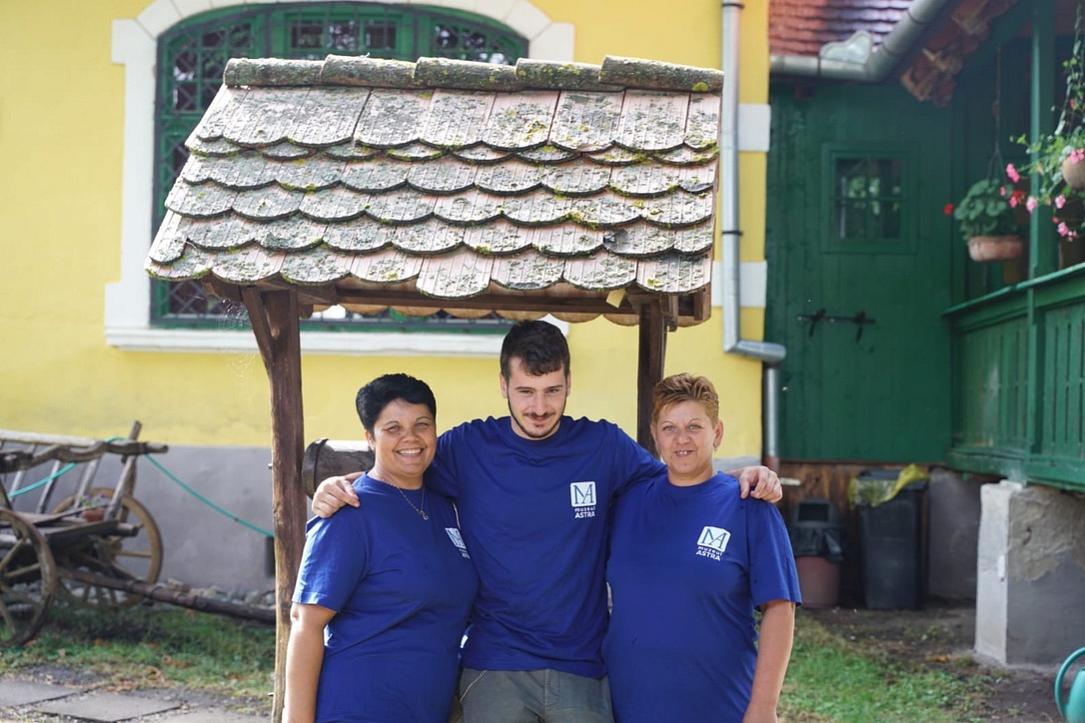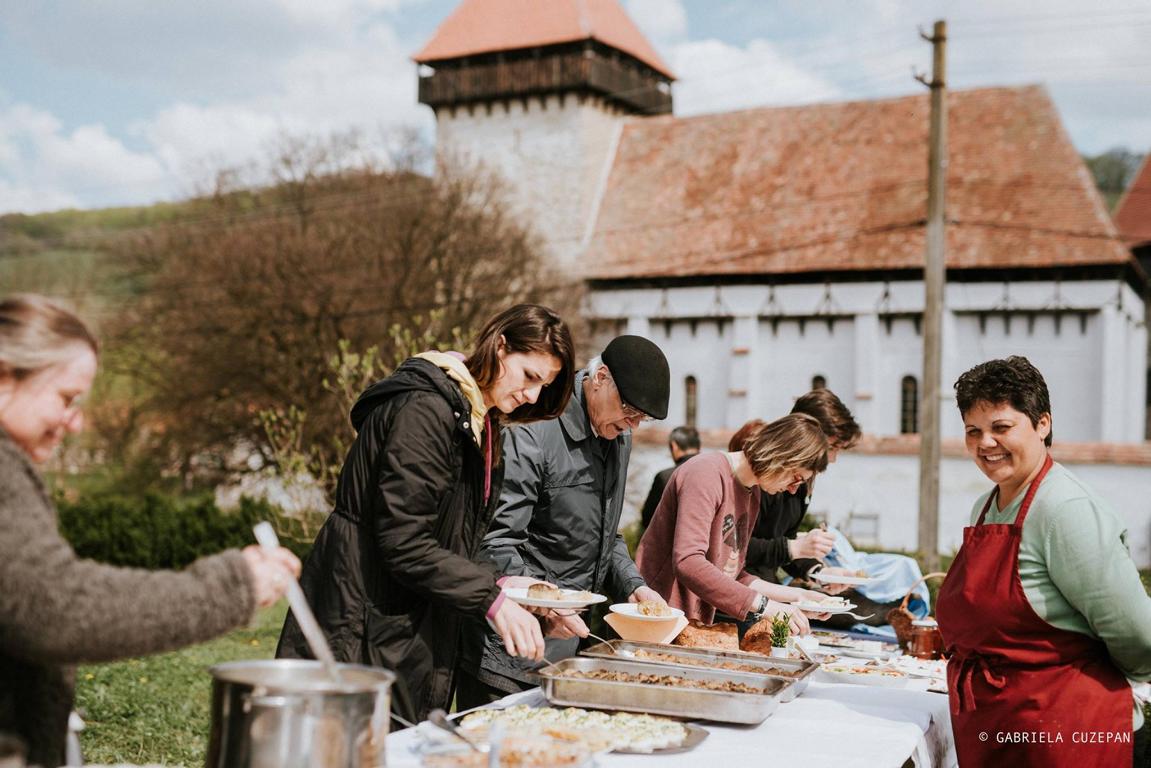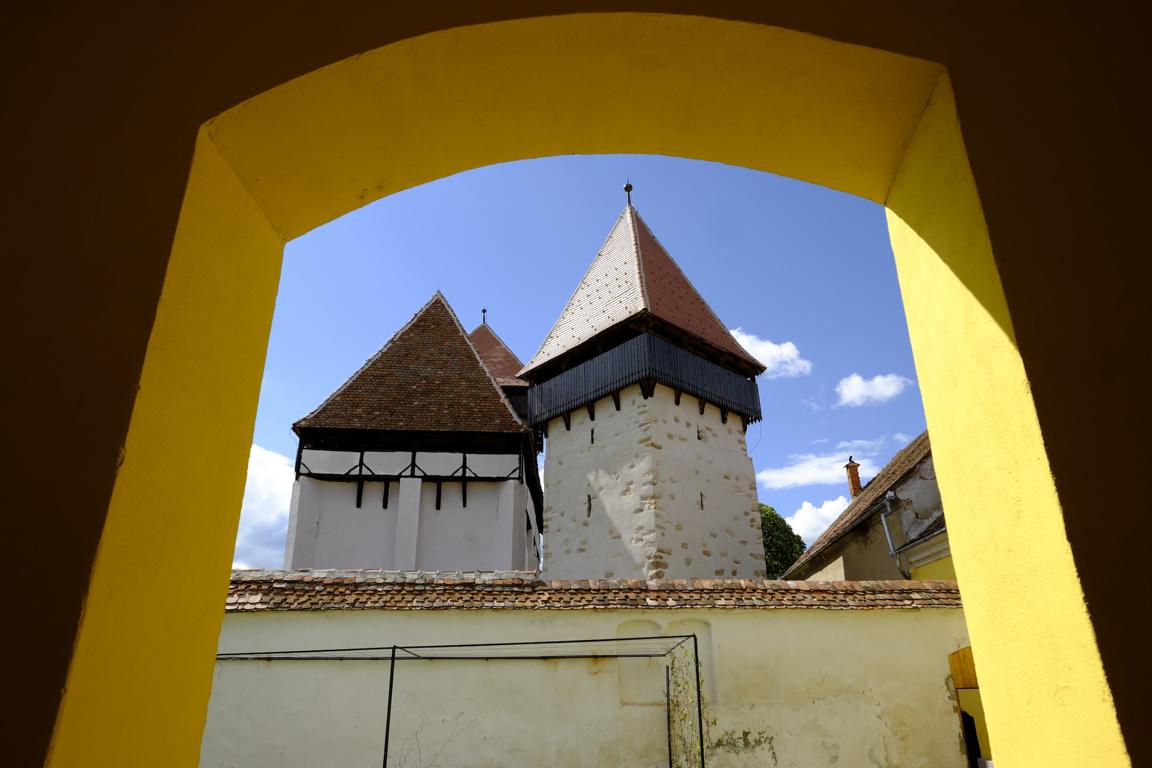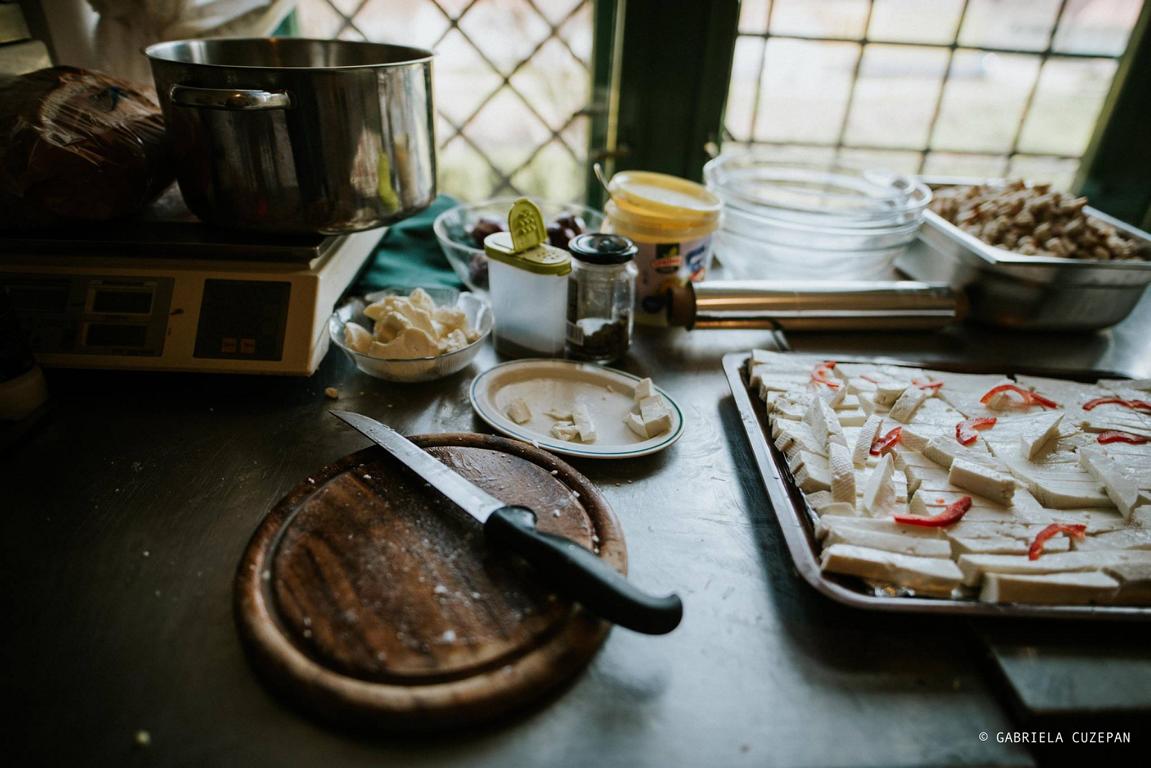Agramonia: A young entrepreneur's bet on Romania's agritourism potential



Julius Fabini has always had a connection with Romania. His mother left Romania for Germany shortly before the 1989 Revolution, but as a child, he spent the summers visiting his grandparents in Sibiu. Aged 17, he took classes of Romanian in Germany and later did several internships in the country "to get in touch with the countryside."
After finishing his studies in Germany, he won a project with the Lutheran Church in Transylvania to revive and manage a restaurant and guesthouse in Stejărișu, in Sibiu county. He took over the project at the end of 2018, and after organizing a crowdfunding campaign in Germany, the B&B entered a new chapter as a team was employed, and renovation work was done, in addition to projects such as selling local products and gift boxes in Germany. It was the perfect backdrop for trying different solutions to organize agritourism and eventually led to the idea of Agramonia, Fabini explains.
Taking the project to the MVP stage it is currently in entailed a process of experimenting with various solutions but eventually led to the concept of a community-based administration system that would solve the issues encountered in the countryside. "It has been a lot of trying with the local community, what interface they could use or how we could organize things. [e.n. While] doing this, I developed the concept of a community-based administration system and solving problems other major tourism players have in the countryside."
At first, the project was more focused on empowering people to promote themselves and providing information on their services instead of being a booking platform for local providers. In time, a different approach was taken - to have a village or local manager that would administrate the offers of their neighbors and earn a commission on their turnover. "We've developed this concept, we did some testing with it, we found some two-three local managers, and it worked out OK. A lot of things happened, but the fundamentals have been right," Fabini explains.

After a period of testing with several local managers, the system showed it worked but also that it had limits when it came to scaling. "Then the idea came to integrate the tourist guides," he explains. In their turn, the guides integrate offers from the locals on the platform while also being able to add their own offers.
"We are focusing on tourist guides to spread our system, and we are empowering farmers to become local managers and so we have a solid structure in every village to organize agritourism on a community level. Each operation in our ecosystem is overviewed by two persons: a connective manager and a producer himself. And they call each other, and they administrate agritourism together. Via the system, we are able to solve the problem of the lack of digital competencies in the countryside."
Next year, Agramonia should enter the scaling phase, with some 20 villages available on the platform, which also has a content part allowing users to find out information about a variety of landmarks in the region and a solid database on the Transylvanian fortified churches. "Users will have a map; they can scan the QR codes for every location and then see what kind of local offers are around. […] That's now the next step to also develop; at the moment, we are working on this." The villages included so far are listed here.

The founder expects around 70% of the turnover to come from accommodation but explains that activities, experiences, and products make the project unique, in addition to the planning tool allowing users to combine offers.
The platform is available in Romanian, English, and German and currently targets everyone searching for holidays in Transylvania.
"There isn't any major platform at the moment for agritourism and also experiences in the countryside," the founder explains in reference to what makes Agramonia stand out from the competition. "The community-based administration system is the difference between us and others. […] The problem is the lack of digital competences in the countryside. There are examples of people trying to make places for agritourism in the past, and the thing you can observe is that they did not manage to get the dynamics of scale to spread fast because they always needed personal relations with the people to get them into the project and to motivate them to create an account. That's one problem. And when they spread a bit, they had a problem in that the quality of the offer went down. We are solving these problems through the tourist guide who goes to the person and explains how our system works and downloads the application together and so on, while earning a commission."

The project, which aims to become an established player in agritourism in Transylvania, is so far 100% bootstrapped. Attracting funding is another option, but the project can advance anyway, the founder explains.
"We will increase our evaluation to around EUR 700,000 and are looking for an investment of around EUR 120,000 [...]; we still have funding out of the last project I did; it would help us to scale and to move faster, but we can do what we plan anyway."
(Photos courtesy of Julius Fabini)
simona@romania-insider.com